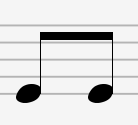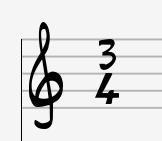Practice note functions, not intervals to improve your ear
By Janus Buch
In my years as a full time guitar teacher it baffles me, that teachers keep emphasizing the importance for singing and hearing intervals in music. My teachers did it at the university that I attended and they continue doing it in music schools and highschools all over the country. I spend countless hours trying to lean it and after leaning it, I haven’t really used it all that much. In my opinion there is a better and easier way to improve your ear. And this is backed up by all the students that I’ve taught through the years. This article aims to explain why intervals is a waste of time and what you should do instead to improve your ear faster and become much more proficient in the musical use of your ears.
Why intervals such.
First of all intervals takes a lot of time and effort to learn. This fact in itself is enough to hate practicing the intervals. But the main reason it is so hard is that when we’re training intervals we’re actually doing ear training in a non-musical context. When we listen to the music we like we are actually doing ear training all along so we wanna train our ears in a way, that complements this and uses the skills that we already have. Let me ask you a rhetorical question. Have you ever listened to a song live and been in doubt when the song was finished and it was time to applaud?
No, neither have anybody else. You can gather 30.000 people in a stadium and everybody instinctively know, when the song is over and when to clap. The reason for this is that everybody has an intuitive feeling of where “home” or the tonics-chord is in a particular song. This is the way music is heard and we wanna use this instinctive feeling in everyone of us to train our ears in the easiest and most effective way possible. In the next passage, I will tell you how.
How to train your ears.
The way you develop a super ear is to train your ear to recognize particular note functions. In other words, what does a root note sound like? What does a major seventh sound like and in which direction does it wanna resolve? The way you do it is to play a backing track consisting of a root note only and and then play, listen to and internalize the sound and feel of all the twelve cromatic notes. The major scale is simply a combination of seven of these notes and the minor scale is another combination of notes. But once you know how all the cromatic notes sound and fell it is much easier to associate the scale with a sound. Or if you wanna make a melody with a specific feel this becomes much easier as it’s just a matter of what note functions to use. Train this method for a month and you will never go back to training intervals again.
About the author: Janus Buch is the owner and head teacher at Bredballe Guitarskole located near Horsens in Denmark. Here he’s offering different guitar programs for the serious guitar player, who are ready to take their guitar playing to the next level. If you are frustrated with the current state of your playing and you are teaching for the best guitar lessons in Horsens, Bredballe Guitarschool is the only place you need to look. Go to our webpage and book your first guitar lesson NOW!


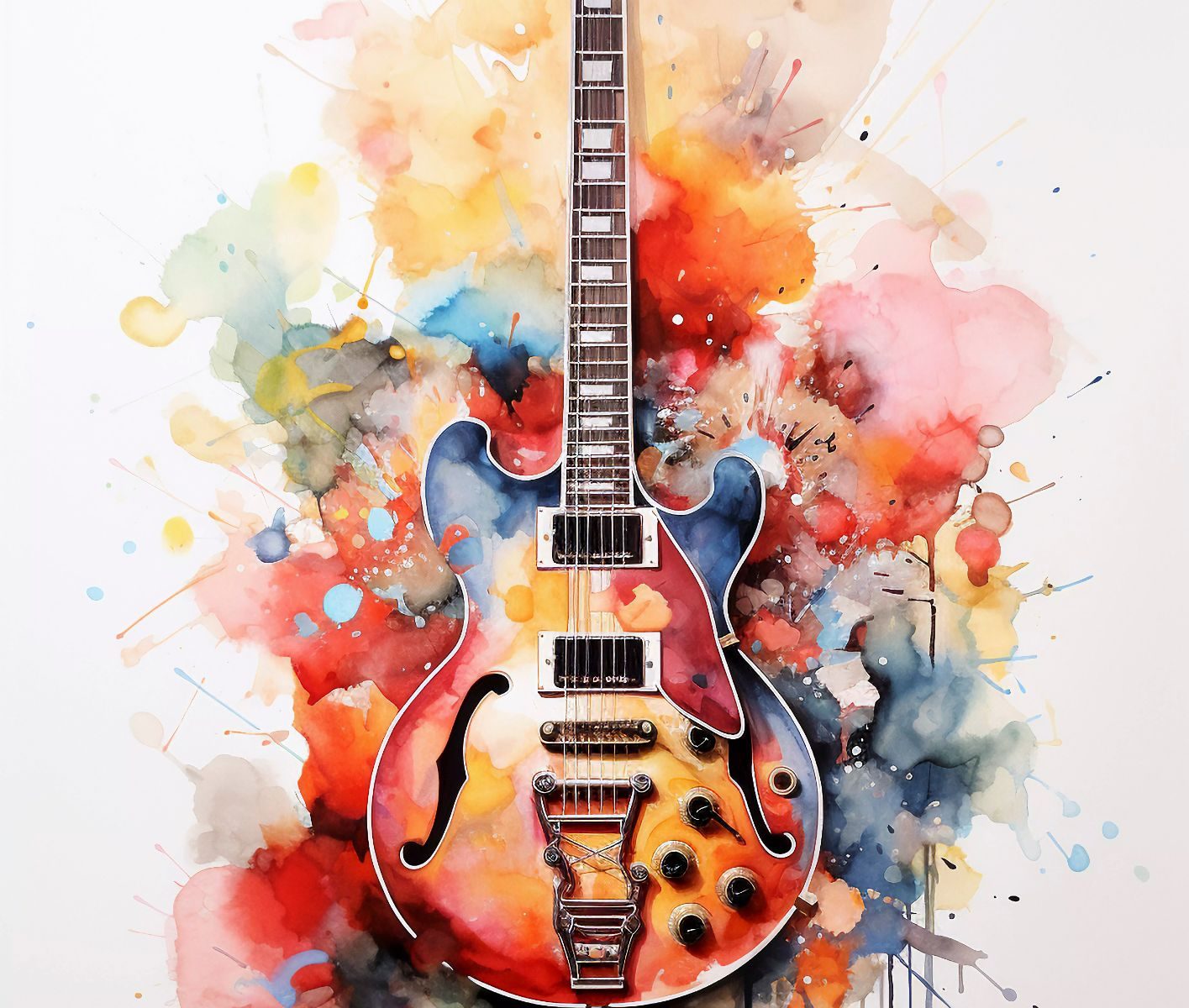
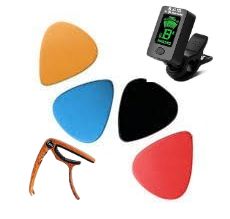

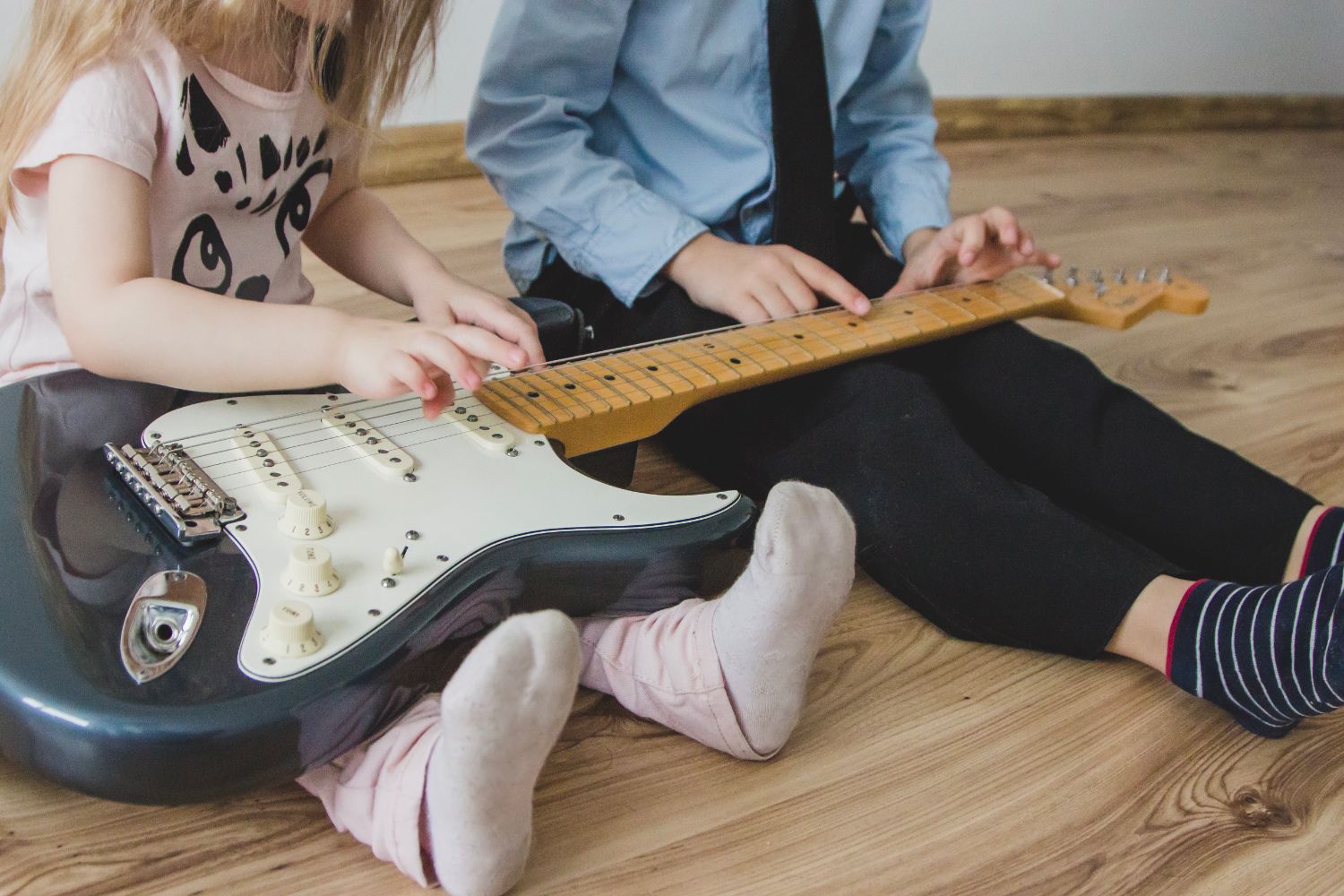
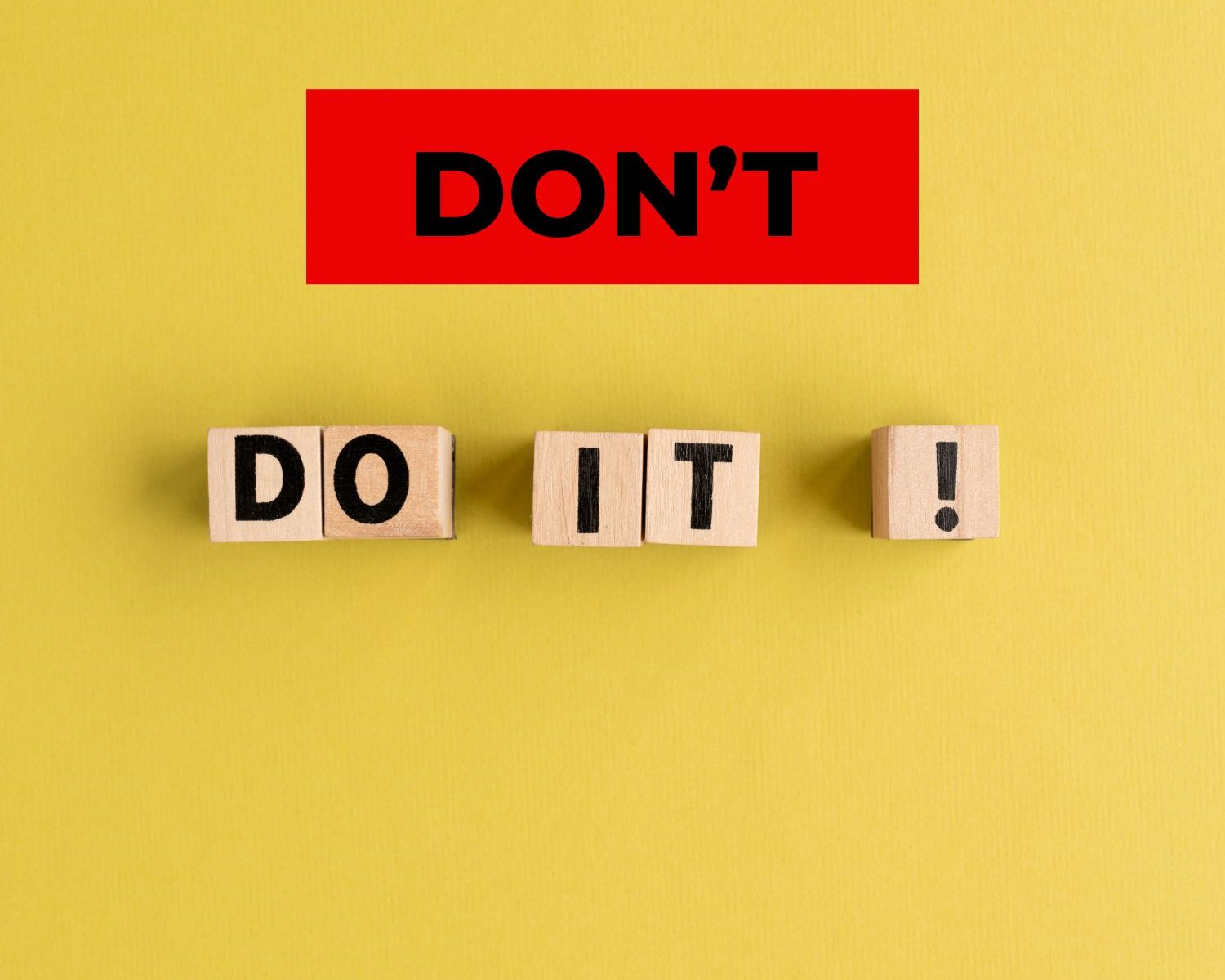


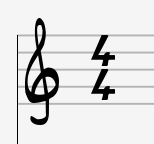
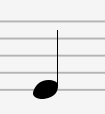
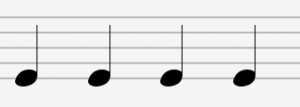 =
= 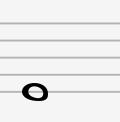
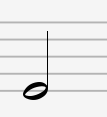 =
= 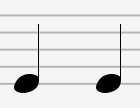
 =
= 